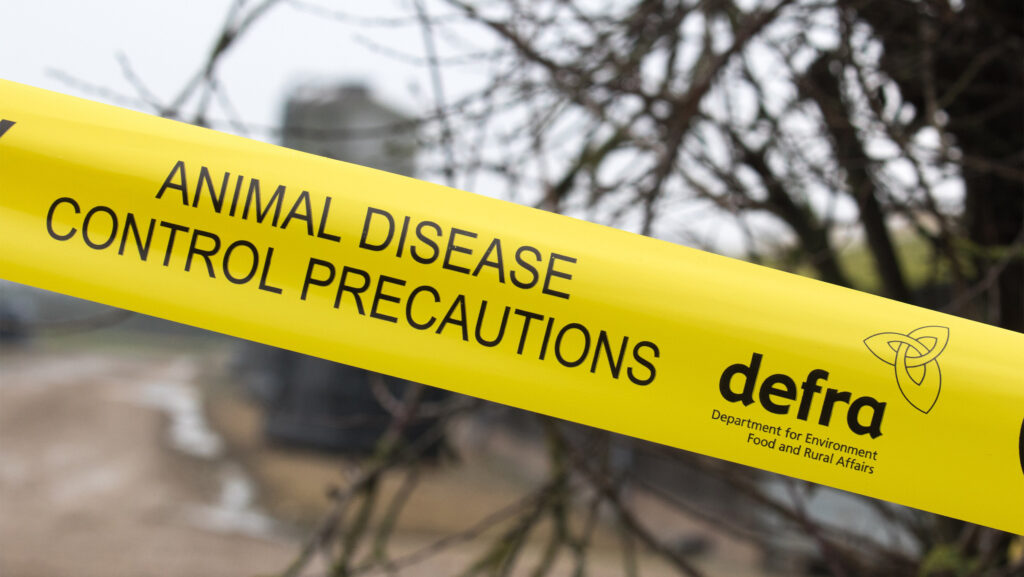Bird flu case confirmed in Yorkshire free-range laying flock
 © Tim Scrivener
© Tim Scrivener Defra has confirmed the first case of H5N5 highly pathogenic avian influenza (HPAI) in a commercial flock this “season”, with free-range layers on a farm near Hornsea, East Yorkshire, succumbing to the disease.
All poultry on the infected premises will be humanely culled.
See also: Labelling rules for free-range poultry to be eased
A 3km protection zone and 10km surveillance zone have been put in place surrounding the premises.
The Defra statement said: “While findings of HPAI in wild birds during recent years have been dominated by the H5N1 virus strain, the finding of H5N5 was likely this season and follows previous findings in Great Britain and recent detections of the strain in continental Europe.
“Practising good biosecurity at all times protects the health and welfare of your birds and, for commercial keepers, will help protect your business from HPAI and other diseases,” it added.
Poultrykeepers in the protection zone are required to keep all birds housed, refrain from spreading litter, and may only move birds or their products under licence.
Those in the wider surveillance zone are also subject to enhanced biosecurity and equivalent movement restrictions.
The appearance of the disease means Great Britain is no longer officially avian influenza free under World Organisation for Animal Health rules.
However, Northern Ireland continues to have self-declared zonal freedom from the disease.
Wild birds
The reappearance of avian influenza follows the detection of the disease in a number of wild birds in Great Britain during the autumn, including pheasants released for shooting.
This prompted Defra to increase the risk level of HPAI H5 in wild birds from “low” to “medium”.
The risk level in poultry where good biosecurity is consistently applied at all times has increased from “very low” to “low with low uncertainty”.
The last outbreak of HPAI in poultry and other captive birds in the UK occurred in a flock near Hutton Cranswick, East Yorkshire, on 14 February 2024.
